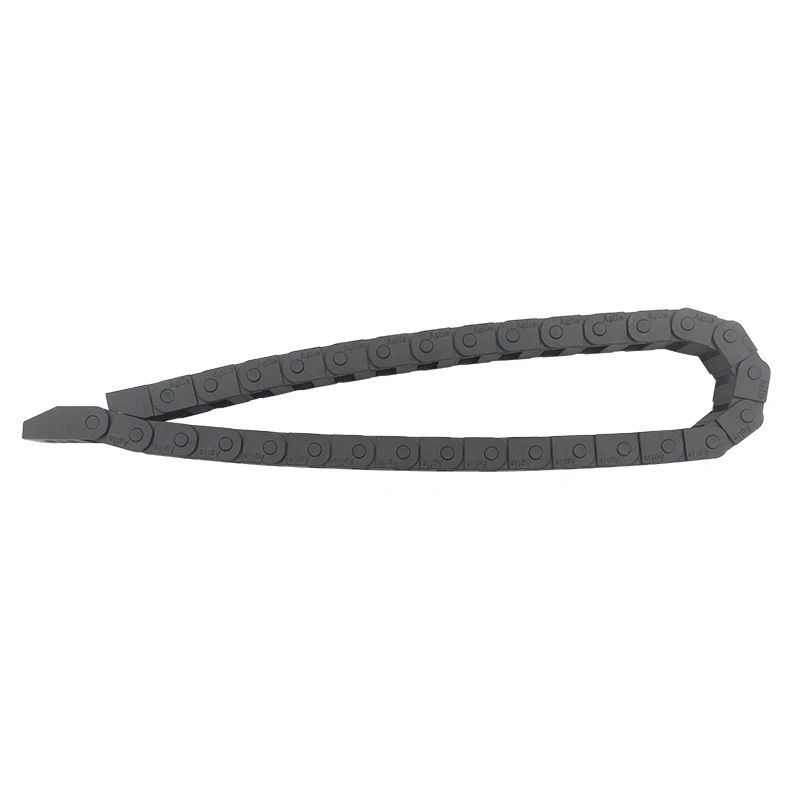Efficient Metal Chip Conveyor Solutions for Enhanced Recycling and Waste Management in Manufacturing
The Importance of Metal Chip Conveyors in Manufacturing
In the modern manufacturing industry, the efficiency and effectiveness of production processes are paramount. One of the crucial components that contribute to this efficiency is the metal chip conveyor. These systems are designed to transport the metal scraps and chips generated during machining processes to a waste disposal area or a recycling facility. This article will explore the significance of metal chip conveyors in manufacturing, their types, benefits, and best practices for their implementation.
Understanding Metal Chip Conveyors
Metal chip conveyors are specialized conveyor systems that are used to handle the chips produced in machining operations, such as milling, turning, grinding, and drilling. As machines cut or shape metals, they generate a wide variety of byproducts, primarily in the form of chips and shavings. Proper management of these materials is essential not only for maintaining a clean and safe work environment but also for optimizing manufacturing efficiency.
Types of Metal Chip Conveyors
There are several types of metal chip conveyors, each designed to cater to specific manufacturing needs
1. Auger Conveyors These conveyors use a rotating helical screw to move the chips along a trough. Auger conveyors are particularly effective for handling larger, bulkier chips and materials with high densities.
2. Magnetic Conveyors Magnetic chip conveyors utilize magnets to transport ferrous chips. This method is highly effective for ensuring that small chips do not escape, making it ideal for precise machining processes.
3. Drag Chain Conveyors These conveyors consist of a series of chains that move along a track, dragging the metal chips with them. They are suitable for heavy-duty applications and can handle larger volumes of chips.
4. Bucket Elevators Often used in conjunction with other types of conveyors, bucket elevators are ideal for lifting chips to a higher elevation, where they can be deposited into bins or other containers.
5. Belt Conveyors These versatile systems use belts made of various materials to transport metal chips. They are commonly used for their flexibility in design and ease of use.
Benefits of Using Metal Chip Conveyors
metal chip conveyor

Implementing metal chip conveyors in manufacturing processes comes with numerous benefits
1. Improved Efficiency By automating the process of collecting and transporting metal chips, manufacturers can reduce labor costs and increase productivity. Workers can focus on their core tasks rather than spending time manually cleaning or removing waste.
2. Enhanced Safety Accumulated metal shavings on the shop floor can pose slip and trip hazards. Conveyor systems help maintain a cleaner workspace, thus reducing the risk of accidents.
3. Minimized Downtime Regularly removing metal chips from machining areas ensures that machinery operates smoothly without interruptions due to buildup. This leads to more consistent production rates and less unplanned downtime.
4. Sustainability Many manufacturers are becoming increasingly focused on sustainability. Efficient chip removal and recycling help in reclaiming valuable materials, reducing waste, and minimizing the impact on the environment.
5. Improved Air Quality Effective chip management systems help in reducing airborne particles produced during machining, which contributes to a healthier workplace for employees.
Best Practices for Implementing Metal Chip Conveyors
To maximize the benefits of metal chip conveyors, manufacturers should consider the following best practices
1. Assess Specific Needs The type of metal chip conveyor selected should align with the specific needs of the manufacturing process. Factors such as the type of material, chip size, and production volume are important considerations.
2. Regular Maintenance Like any other machinery, metal chip conveyors require regular maintenance to ensure they operate at peak performance. Scheduled checks can help prevent unexpected breakdowns and prolong the lifespan of the system.
3. Training Operators should be trained on the proper use and maintenance of metal chip conveyor systems to ensure safety and efficiency. Regular training sessions can help minimize errors and improve overall operational efficiency.
In conclusion, metal chip conveyors are an essential aspect of modern manufacturing processes. Their ability to enhance efficiency, safety, and sustainability makes them invaluable tools. By selecting the right type and following best practices for their implementation, manufacturers can optimize their operations, reduce waste, and improve workplace conditions.








